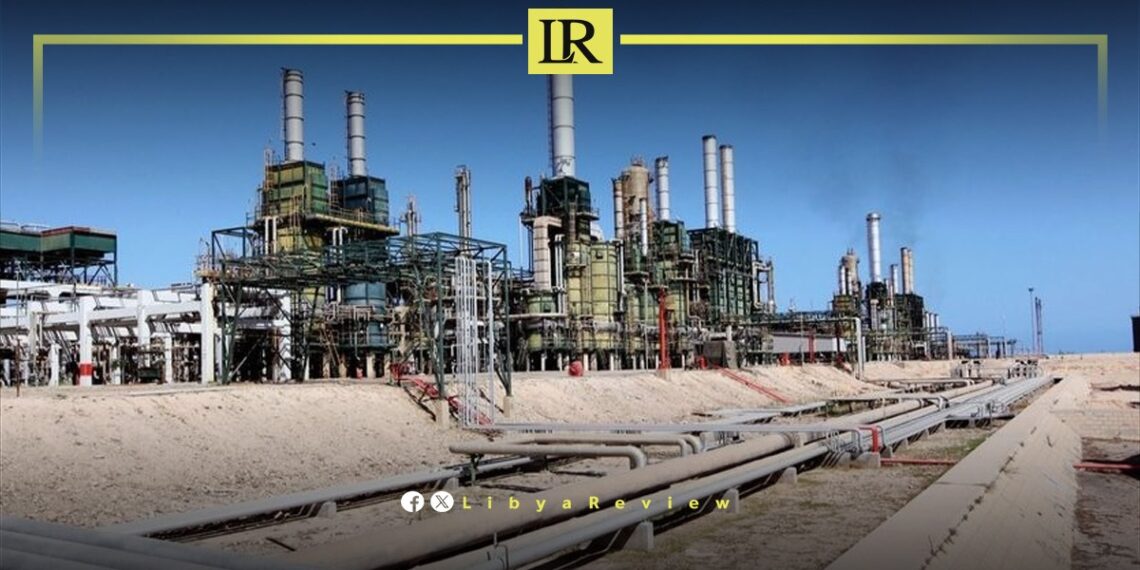Libya’s oil production has nearly halved this week due to a significant reduction in output, driven by a standoff over control of the country’s central bank. According to sources familiar with the situation, the country’s oil output has fallen by at least 400,000 barrels per day following an order from authorities in eastern Libya to halt all production activities.
The production cuts include the Sarir oil field, managed by the Arabian Gulf Oil Company, producing 145,000 barrels per day before being shut down. Additionally, oil supplies to the Ras Lanuf terminal have decreased by at least 130,000 barrels per day.
The decision to freeze all production and exports, announced by eastern Libyan authorities on Monday, was a response to the internationally recognized government in the west replacing the Central Bank Governor, Sadiq al-Kabir.
Libya has been in chaos since a NATO-backed uprising toppled longtime leader Muammar Gaddafi in 2011. The county has for years been split between rival administrations.
Libya’s economy, heavily reliant on oil, has suffered due to the ongoing conflict. The instability has led to oil production and prices fluctuations, impacting the global oil market and Libya’s economy.
The conflict has led to a significant humanitarian crisis in Libya, with thousands of people killed, and many more displaced. Migrants and refugees using Libya as a transit point to Europe have also faced dire conditions.
The planned elections for December 2021 were delayed due to disagreements over election laws and the eligibility of certain candidates. This delay has raised concerns about the feasibility of a peaceful political transition.
Despite the ceasefire, security remains a significant concern with sporadic fighting and the presence of mercenaries and foreign fighters. The unification of the military and the removal of foreign forces are crucial challenges.


